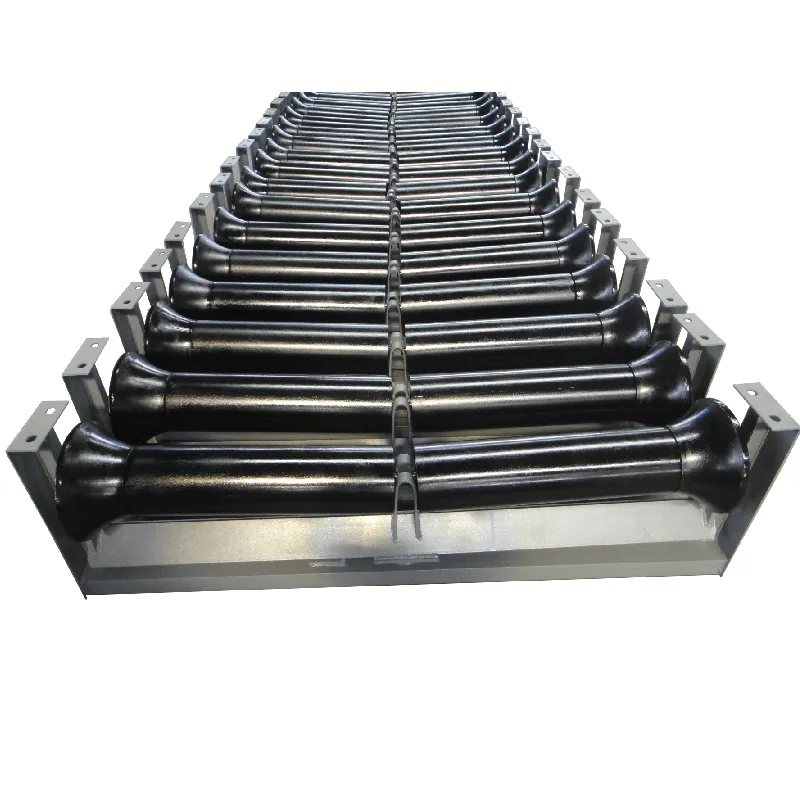 Afrikaans
Afrikaans  Albanian
Albanian  Amharic
Amharic  Arabic
Arabic  Armenian
Armenian  Azerbaijani
Azerbaijani  Basque
Basque  Belarusian
Belarusian  Bengali
Bengali  Bosnian
Bosnian  Bulgarian
Bulgarian  Catalan
Catalan  Cebuano
Cebuano  Corsican
Corsican  Croatian
Croatian  Czech
Czech  Danish
Danish  Dutch
Dutch  English
English  Esperanto
Esperanto  Estonian
Estonian  Finnish
Finnish  French
French  Frisian
Frisian  Galician
Galician  Georgian
Georgian  German
German  Greek
Greek  Gujarati
Gujarati  Haitian Creole
Haitian Creole  hausa
hausa  hawaiian
hawaiian  Hebrew
Hebrew  Hindi
Hindi  Miao
Miao  Hungarian
Hungarian  Icelandic
Icelandic  igbo
igbo  Indonesian
Indonesian  irish
irish  Italian
Italian  Japanese
Japanese  Javanese
Javanese  Kannada
Kannada  kazakh
kazakh  Khmer
Khmer  Rwandese
Rwandese  Korean
Korean  Kurdish
Kurdish  Kyrgyz
Kyrgyz  Lao
Lao  Latin
Latin  Latvian
Latvian  Lithuanian
Lithuanian  Luxembourgish
Luxembourgish  Macedonian
Macedonian  Malgashi
Malgashi  Malay
Malay  Malayalam
Malayalam  Maltese
Maltese  Maori
Maori  Marathi
Marathi  Mongolian
Mongolian  Myanmar
Myanmar  Nepali
Nepali  Norwegian
Norwegian  Norwegian
Norwegian  Occitan
Occitan  Pashto
Pashto  Persian
Persian  Polish
Polish  Portuguese
Portuguese  Punjabi
Punjabi  Romanian
Romanian  Russian
Russian  Samoan
Samoan  Scottish Gaelic
Scottish Gaelic  Serbian
Serbian  Sesotho
Sesotho  Shona
Shona  Sindhi
Sindhi  Sinhala
Sinhala  Slovak
Slovak  Slovenian
Slovenian  Somali
Somali  Spanish
Spanish  Sundanese
Sundanese  Swahili
Swahili  Swedish
Swedish  Tagalog
Tagalog  Tajik
Tajik  Tamil
Tamil  Tatar
Tatar  Telugu
Telugu  Thai
Thai  Turkish
Turkish  Turkmen
Turkmen  Ukrainian
Ukrainian  Urdu
Urdu  Uighur
Uighur  Uzbek
Uzbek  Vietnamese
Vietnamese  Welsh
Welsh  Bantu
Bantu  Yiddish
Yiddish  Yoruba
Yoruba  Zulu
Zulu carrying roller
Understanding the Importance of Carrying Rollers
In the realm of industrial machinery and manufacturing processes, carrying rollers play a vital role in ensuring the efficient movement and transportation of goods and materials. These components are essential in various applications, especially in conveyor systems, where they facilitate the smooth flow of products along production lines. Understanding the importance of carrying rollers not only highlights their functionality but also emphasizes their impact on productivity and operational efficiency.
Carrying rollers, also known as support rollers or idler rollers, are typically cylindrical in shape and are designed to support and guide the materials being transported. They are strategically positioned within conveyor systems to maintain the right elevation and tension of the conveyor belts. Their primary function is to reduce friction between the moving belt and the surface, ensuring that products can be transported smoothly without any obstructions.
One of the significant advantages of using carrying rollers is their ability to enhance the longevity of the conveyor system. By minimizing excessive wear and tear on the conveyor belt, these rollers contribute to a more extended operational life of the equipment. This ultimately results in lower maintenance costs and reduced downtime for repairs, allowing businesses to operate more efficiently.
carrying roller

Moreover, carrying rollers come in various materials and designs to suit different applications
. Commonly constructed from steel, rubber, or plastic, they can be customized to withstand specific environmental conditions and loads. For instance, in industries where corrosive materials are handled, rollers with protective coatings are often utilized to prevent degradation and ensure durability. This versatility makes carrying rollers adaptable to a wide range of industries, including manufacturing, mining, and logistics.Another essential aspect of carrying rollers is their contribution to safety in the workplace. A well-maintained conveyor system with properly functioning rollers reduces the risk of jams and blockages, which can lead to accidents and injuries. Furthermore, the stability they provide helps maintain the integrity of the transported products, preventing damage and promoting safe handling.
Effective maintenance of carrying rollers is crucial for optimal performance. Regular inspections should be conducted to check for signs of wear, misalignment, and lubrication needs. Timely replacements of worn-out rollers can prevent more extensive damage to the system and ensure seamless operations. Training personnel to recognize potential issues also plays a critical role in maintaining the efficiency of carrying rollers.
In conclusion, carrying rollers are indispensable components in modern manufacturing and logistics operations. Their crucial role in supporting conveyor systems not only enhances the efficiency and longevity of machinery but also contributes to workplace safety and product integrity. As industries continue to evolve, the importance of these rollers will only grow, highlighting the need for ongoing innovation and improvement in their design and maintenance. Businesses that prioritize the performance of carrying rollers will undoubtedly see positive impacts on their operational effectiveness and overall success.
-
Revolutionizing Conveyor Reliability with Advanced Rubber Lagging PulleysNewsJul.22,2025
-
Powering Precision and Durability with Expert Manufacturers of Conveyor ComponentsNewsJul.22,2025
-
Optimizing Conveyor Systems with Advanced Conveyor AccessoriesNewsJul.22,2025
-
Maximize Conveyor Efficiency with Quality Conveyor Idler PulleysNewsJul.22,2025
-
Future-Proof Your Conveyor System with High-Performance Polyurethane RollerNewsJul.22,2025
-
Driving Efficiency Forward with Quality Idlers and RollersNewsJul.22,2025





























